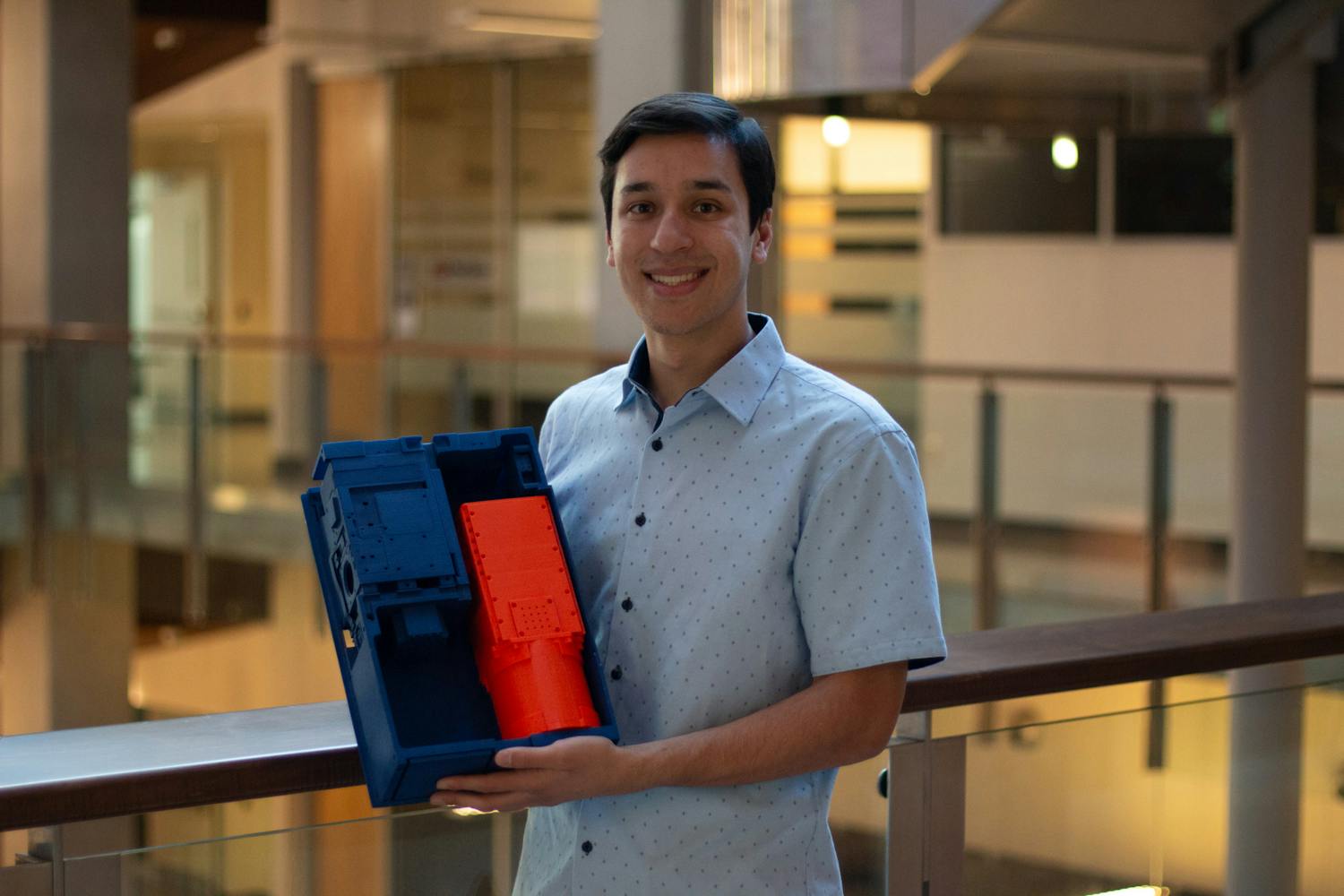It's said that, before our Capitol's current polarization, politicians of both parties would end the workday schmoozing in Washington bars.
The debates forgotten, the men and women would encounter each other personally. It's anyone's guess as to how much of our nation's bipartisan atmosphere was held together by those boozy powwows.
Those days are gone, and our society's political interaction has devolved - not for trivial reasons - into biased rhetoric.
By now it's trite to bemoan the hostility that drives national politics. The deeper problem, though, is not a lack of "niceness" but an absence of mutual understanding between the right and left.
Our problem is not what happens in Washington, but what happens to the people all around us. Instead of using politics to unite people around solving common problems, we're using it to fight each other.
Political-minded Americans do not understand each other: this is the crisis of our national system. The other side is erroneously represented by alarmist radio personalities and extremist authors rather than the family down the street.
Much of what people brand "political apathy" might just be a commonsense rejection of a dehumanizing system.
Part of the problem lies in our winner-takes-all political process, in which it is possible for a 51 percent "majority" to impose its will on the "minority."
This tyranny of the majority is avoidable.
History shows us that it is possible to set up a system of governance based on agreement rather than domination.
The Iroquois Confederacy, which governed much of the upper East Coast for longer than the United States has existed, demanded total unanimity among its chiefs for any official decisions to be carried out.
While their meetings would have bored even the most ardent C-SPAN viewer, this system worked well for centuries and lacked the vociferous partisanship our government fosters.
Our concern, however, is not to celebrate the past or to blame Washington. We should begin to brainstorm how we can create participatory experiences of politics here in Tempe.
If crazy, itinerant campus preachers have shown us anything, it's that college students long for opportunities to discuss religion: The wider circles around the speakers are rich in student-initiated conversation. What would it take to create a similar buzz around politics?
A first step might be bringing the Young Democrats and College Republicans tables by the Memorial Union fountain closer together.
Their physical distance (I'd guess no less than 30 feet) symbolizes their party's lack of interaction. More importantly, though, proximity could spark frequent inter-booth discussions around which other people could gather and participate.
Apathetic ASU is poorly served by ideologically isolated groups; but can you imagine the conversations that could take place in such a collaborative environment?
Interactive events - public discussions, readings and attempts to actually understand the other side's positions - could go a long way toward sparking the conversations that lead to good politics.
We shouldn't be interested in paltry tokens of bipartisanship in Washington. We should rather brainstorm ways in which we could revive honest and gracious political discussion in our communities.
The image we should strive for is not the divided Senate floor, but the local bar. Only there can political empathy be cultivated.
Brandon Hendrickson has been red, blue and various shades of mauve. Throw your own paint at him at: brandon.hendrickson@asu.edu.



